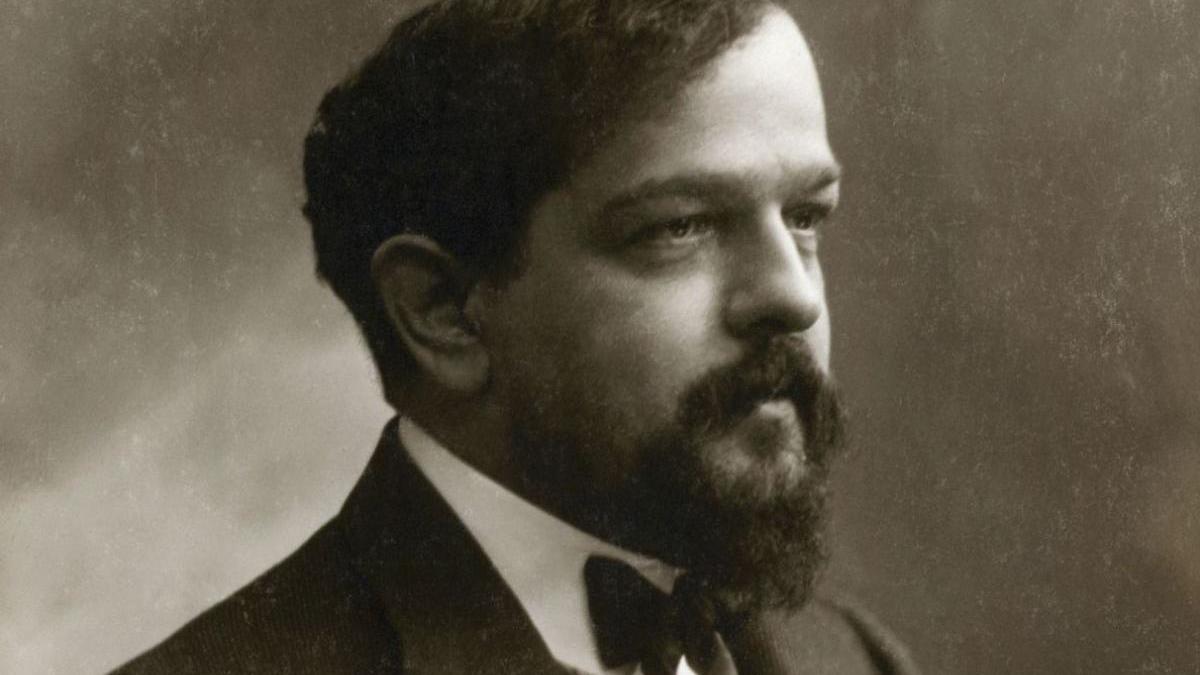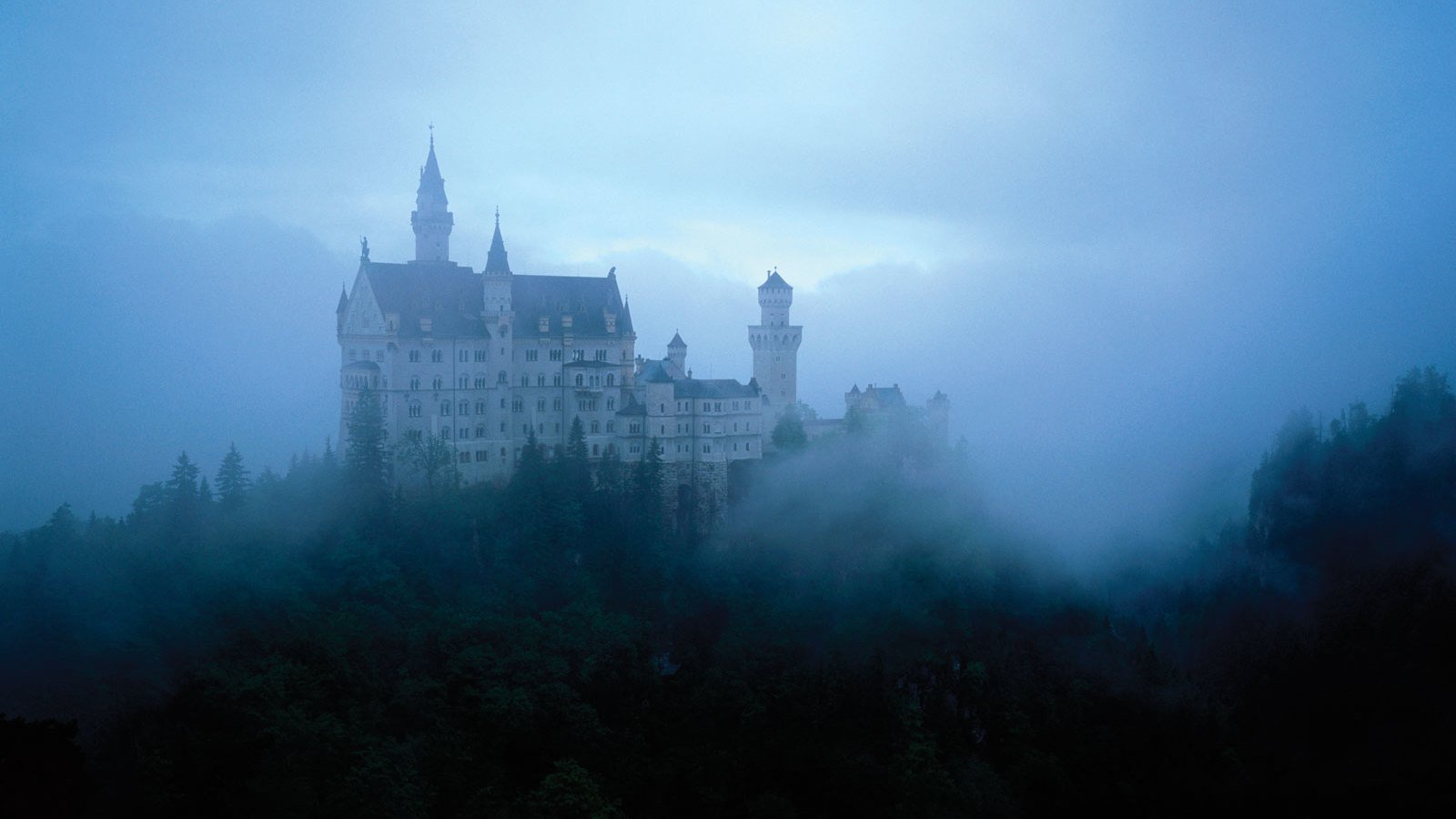Debussy’s “Prelude to the Afternoon of a Faun”: Desires and Dreams
The flute’s gentle siren call emerges, solitary and alluring. It wanders freely from C-sharp down to G-natural and back again, drifting hazily into our consciousness, and beckoning us forward with quiet, seductive power. This is how we enter the sensuous dreamscape of Claude Debussy’s colorful and fleeting 1894 tone poem, Prélude à l’après-midi d’un faune (Prelude to the Afternoon of a Faun). Debussy’s inspiration arose from a poem by the French symbolist, Stéphane Mallarmé. …







